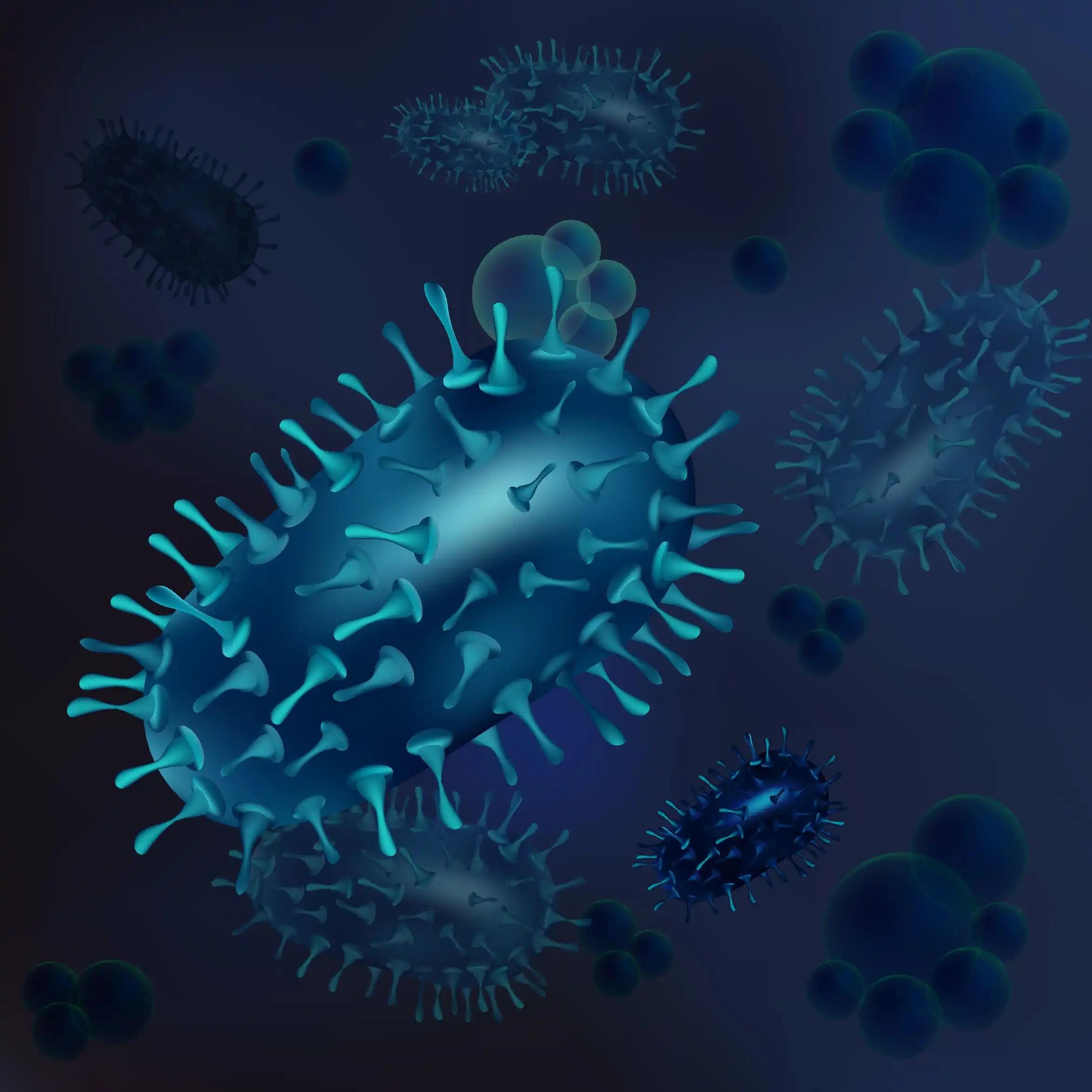KEY TAKEAWAYS
- The dose expansion phase of the CC‑92480‑MM‑001 trial assessed the impact of MEZI+DEX in the dose-expansion cohort of patients with heavily treated RRMM.
- The trial’s main outcome was the ORR, with secondary goals including safety, tolerability, and additional efficacy evaluations.
- The study suggested that MEZI+DEX showed manageable safety and favorable efficacy in heavily pretreated RRMM.
The CC-92480-MM-001 clinical trial enrolled patients (pts) who met the following criteria: relapsed/refractory multiple myeloma (RRMM) diagnosis, ≥3 prior lines of therapy, triple-class refractory disease, and experiencing disease progression ≤60 days of last myeloma treatment. In the trial, MEZI 1 mg was administered on Days 1 to 21 of each 28-day cycle, along with a weekly dose of 40 milligrams of DEX (or 20 mg for pts aged over 75 years).
The study’s primary goal was to establish the overall response rate (ORR), while secondary objectives included evaluating safety and tolerability, as well as additional efficacy assessments. The study also included an exploratory objective to examine pharmacodynamics.
As of September 16, 2022, a total of 101 pts were administered MEZI+DEX at the recommended phase II dose (RP2D). The median age of these pts was 67 years, with an age range spanning from 42 to 85 years. Their median number of prior therapies was 6, varying from 3 to 15 prior treatments. Importantly, all pts had the distinction of being refractory to their last regimen and were also classified as triple-class refractory.
The median follow-up period for this cohort was 7.46 months, with a range of 0.5 to 21.9 months. The ORR was 40.6%, and the median progression-free survival (mPFS) was 4.4 months, with a 95% confidence interval (CI) ranging from 3.0 to 5.5 months. The median duration of response was 7.6 months, falling within a 95% CI of 5.4 to 9.5 months. For pts who had plasmacytomas, including those with extramedullary soft tissue-only disease and soft tissue bone-related plasmacytomas, the ORR was 30.0% (n=40). The mPFS in this subgroup was 3.0 months, with a 95% CI ranging from 2.1 to 4.9 months. Among pts who had previously undergone anti-B-cell maturation antigen therapy, the ORR was 50.0% (n=30), and the mPFS was 5.4 months, with a 95% CI spanning from 2.1 to 9.4 months.
Regarding safety, 91.1% of pts experienced grade 3–4 treatment-emergent adverse events (TEAEs). The most common hematologic grade 3–4 TEAEs were neutropenia (75.2%), anemia (35.6%), and thrombocytopenia (27.7%). Grade 3–4 infections occurred in 34.7% of pts, while other grade 3–4 non-hematologic TEAEs were less frequent. Due to these TEAEs, 75.2% of pts had interruptions in their MEZI dosage, and 28.7% had reductions in MEZI dosage. MEZI+DEX treatment led to substrate degradation and T-cell proliferation in all pts.
MEZI+DEX exhibited manageable safety and promising effectiveness in pts with heavily pretreated RRMM. MEZI is currently undergoing assessment in combination with standard treatments for multiple myeloma through an ongoing phase I/II trial (CC-92480-MM-002) and two ongoing phase III trials (SUCCESSOR-1 and SUCCESSOR-2).
Source: https://clml-soho2023.elsevierdigitaledition.com/492/index.html
Clinical Trial: https://classic.clinicaltrials.gov/ct2/show/NCT03374085
Orlowski, R.Z., Bahlis, N.J., Quach, H., Popat, R., Lonial, S., Kim, K., Mateos, M-V., Pawlyn, C., Ramasamy, K., Martínez-Lopez, J., Casas-Avilés, I., Spirlì, A., Gong, J., Amatangelo, M., Katz, J., Maciag, P., Peluso, T., Richardson, P.G., Trudel, S. Mezigdomide (MEZI) Plus Dexamethasone (DEX) in Relapsed/Refractory Multiple Myeloma (RRMM): Results From the Dose‑Expansion Phase of the CC‑92480‑MM‑001 Trial.



